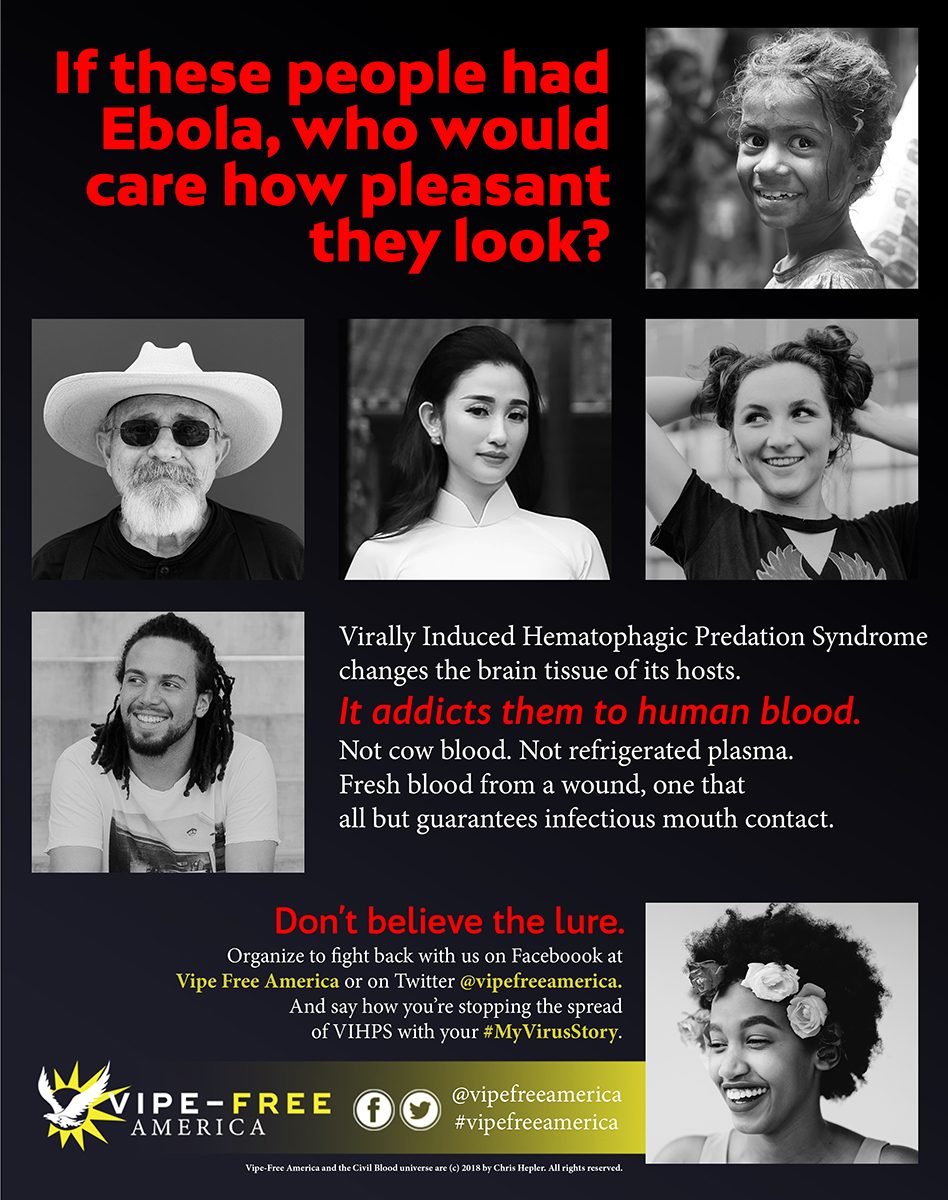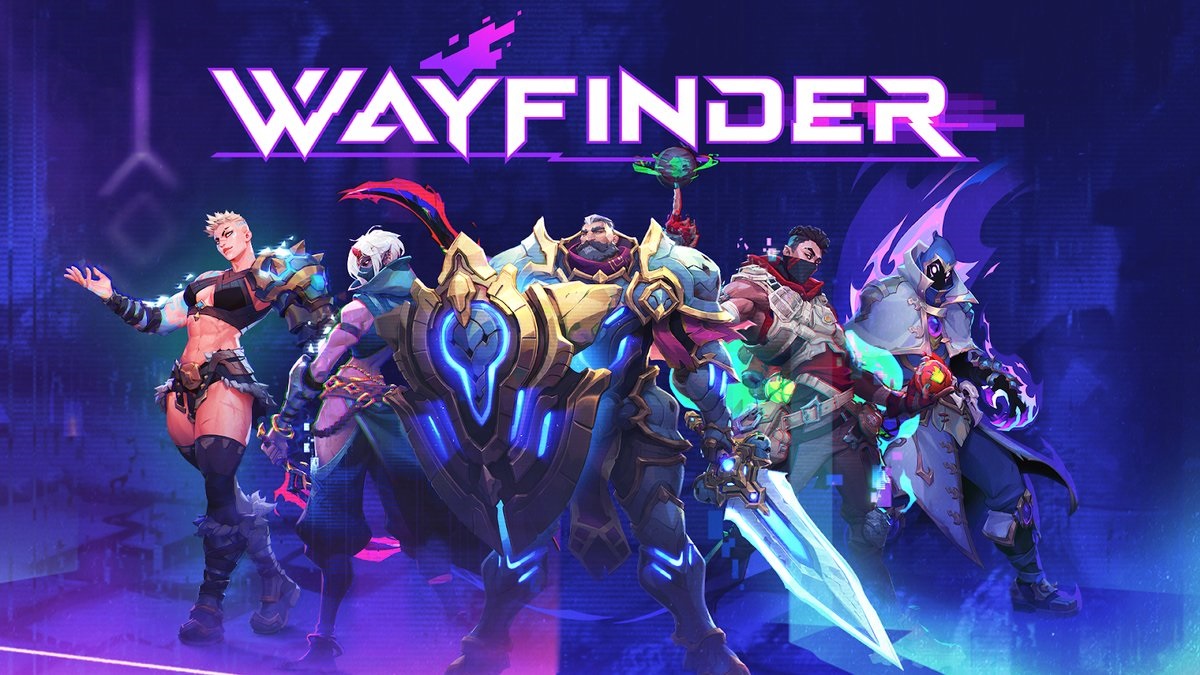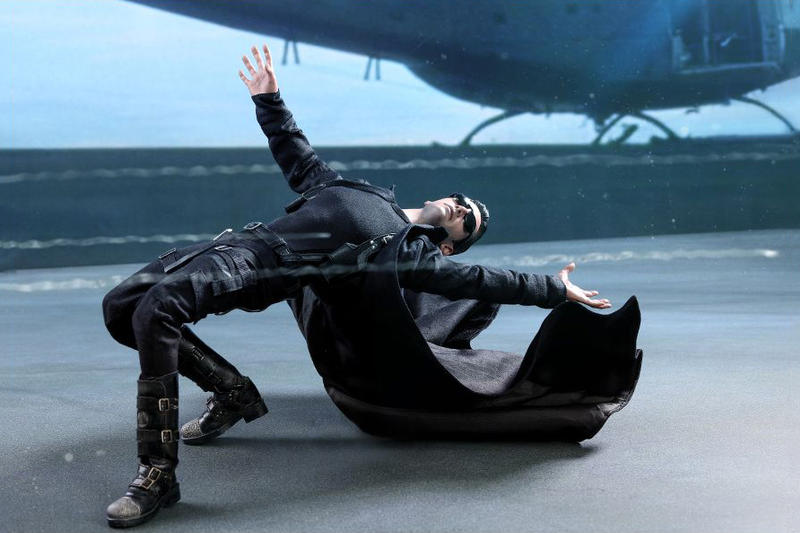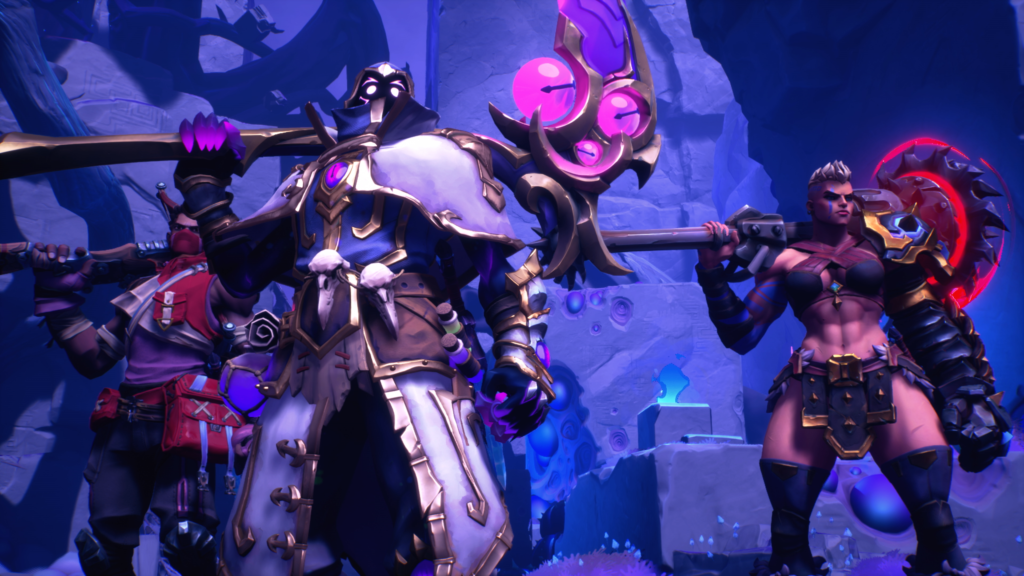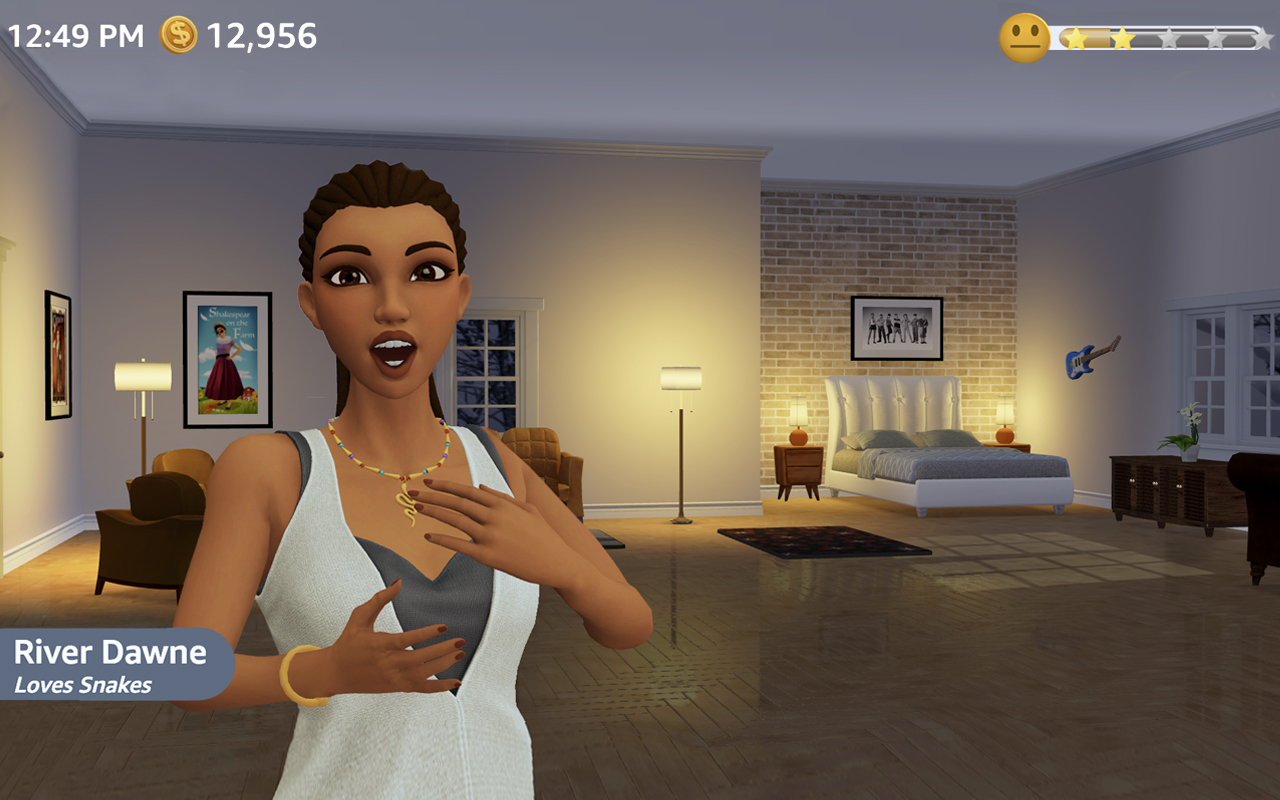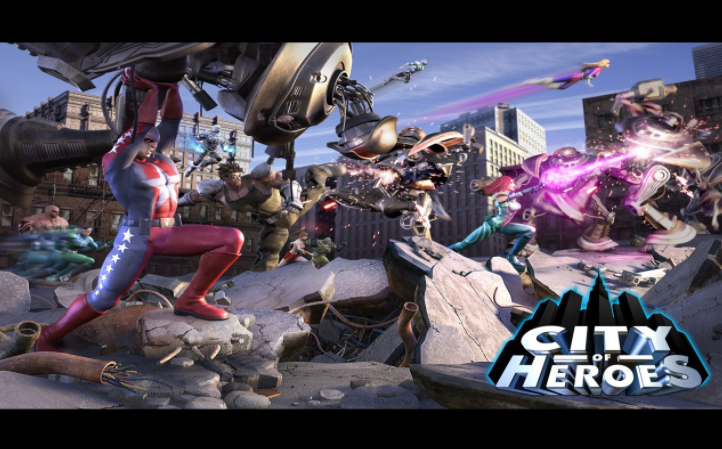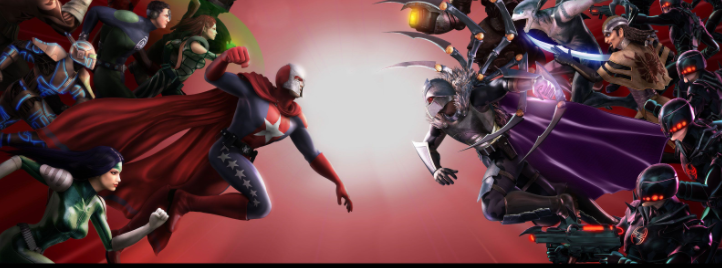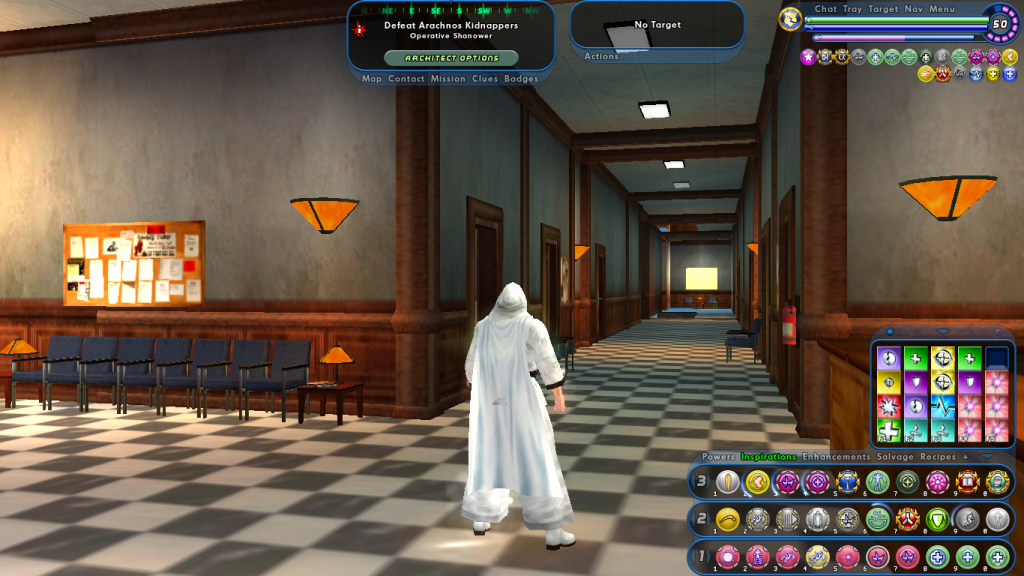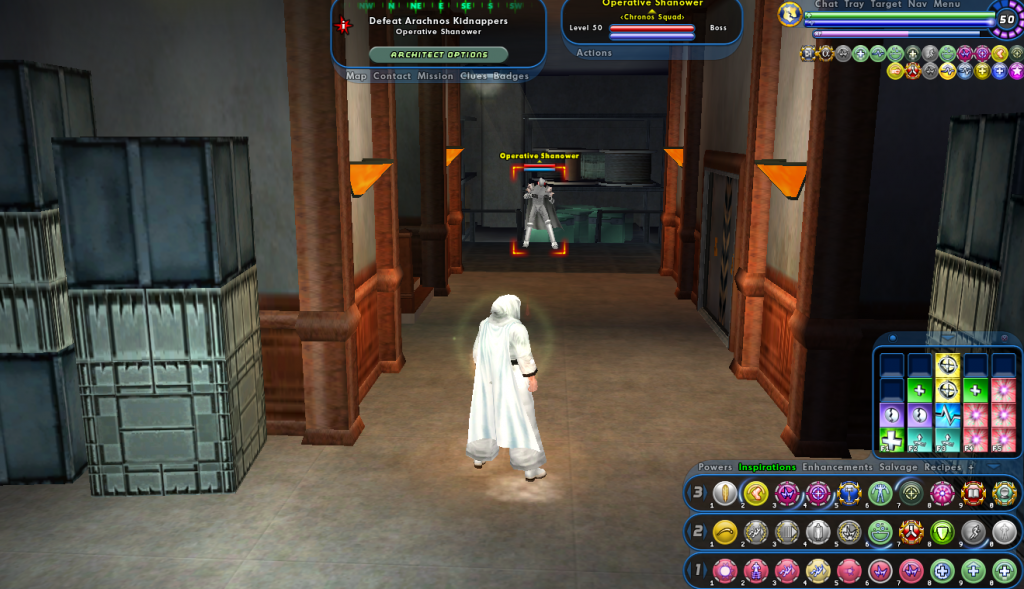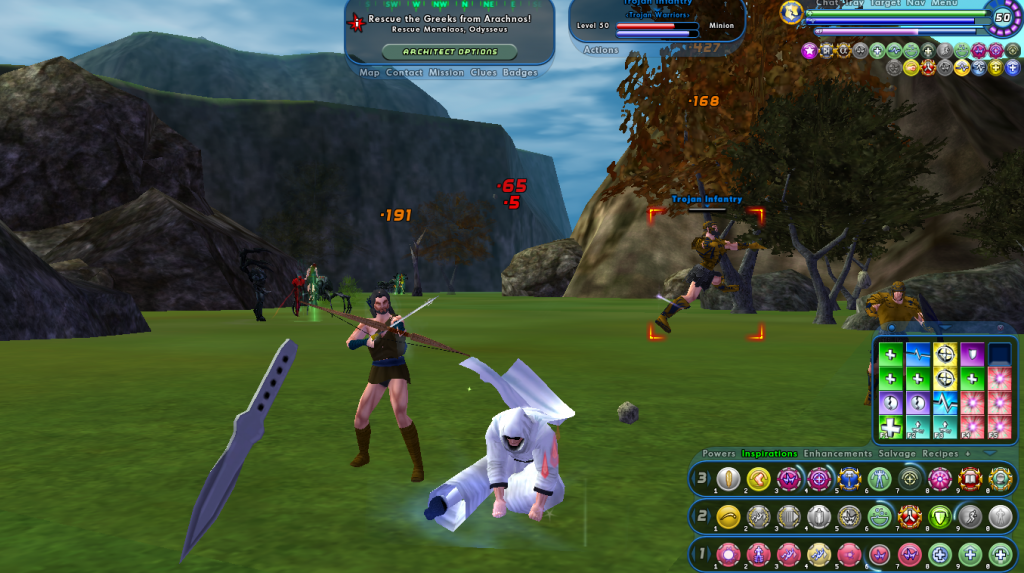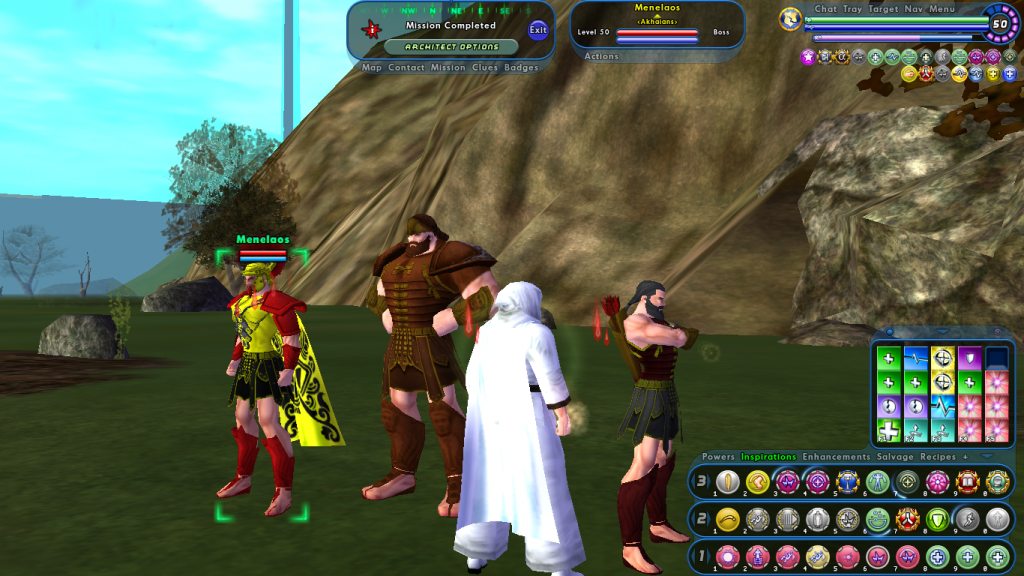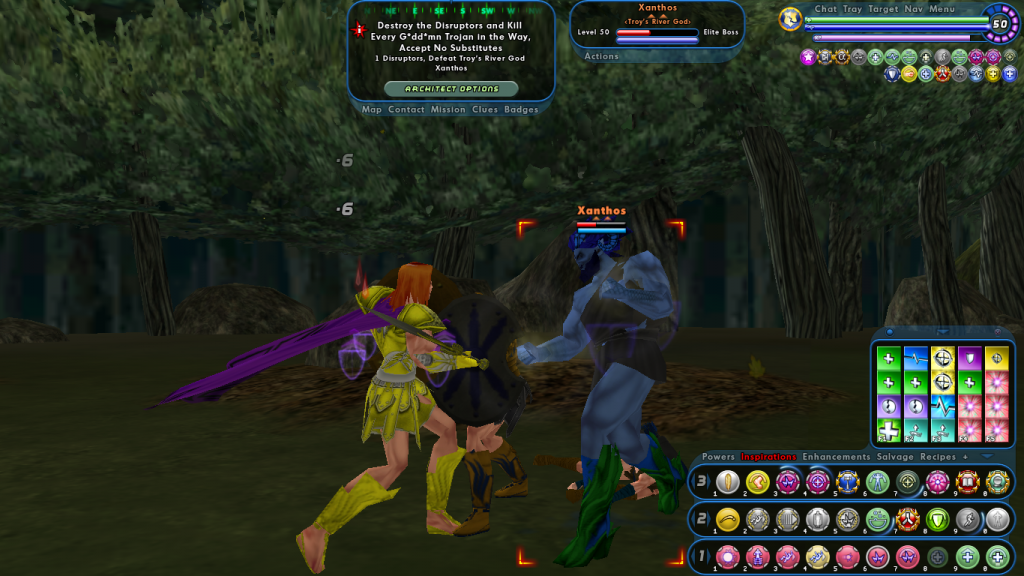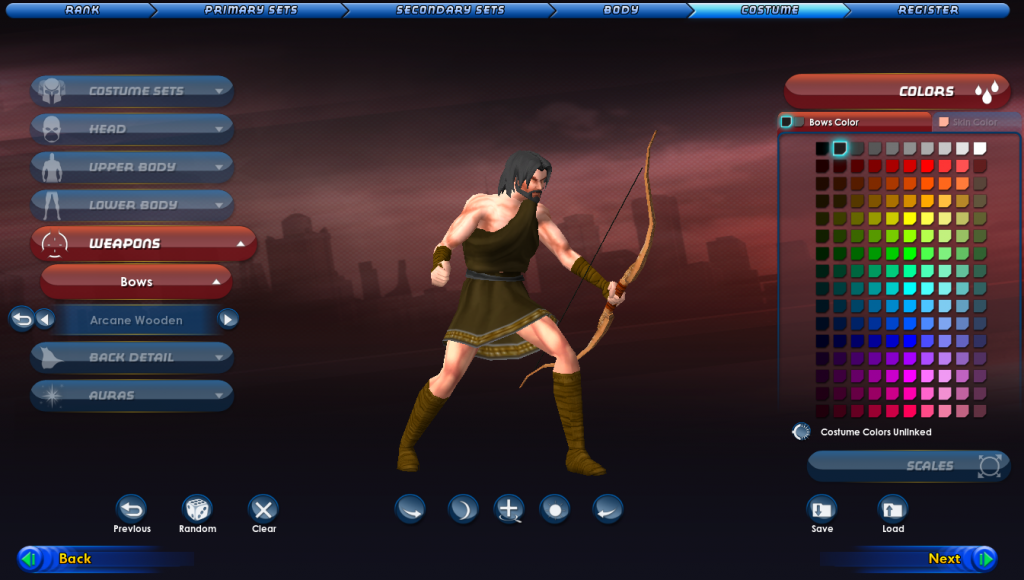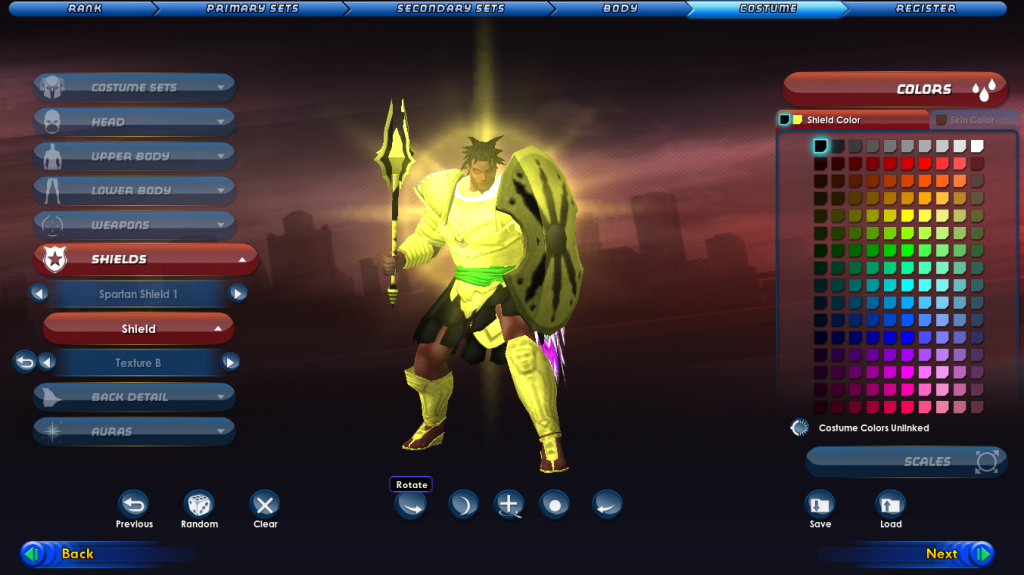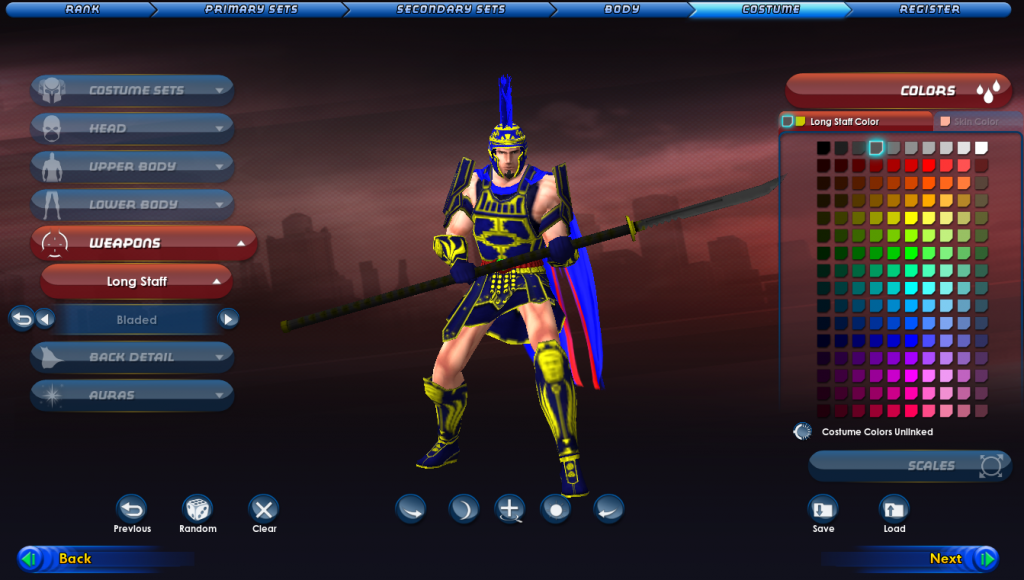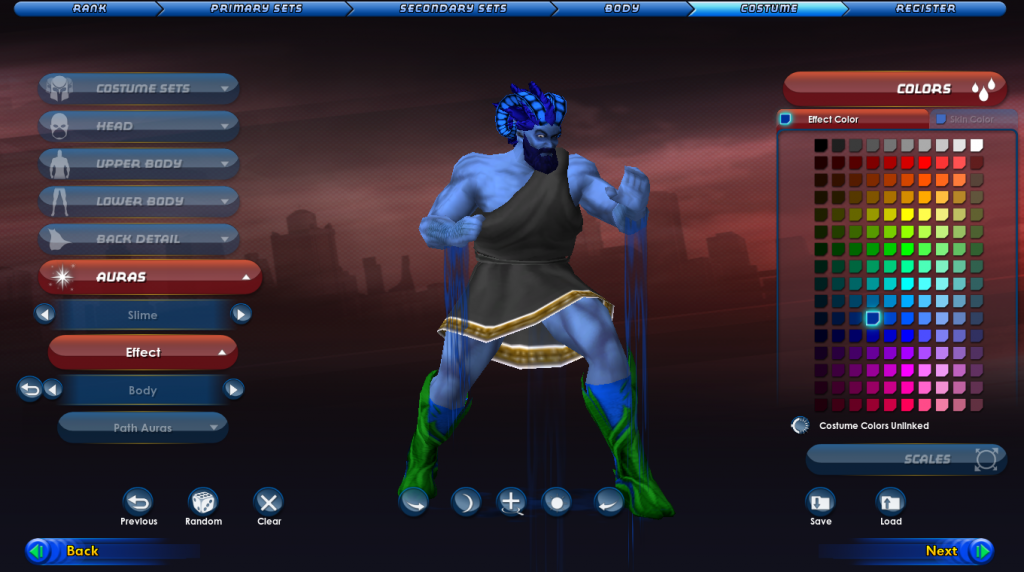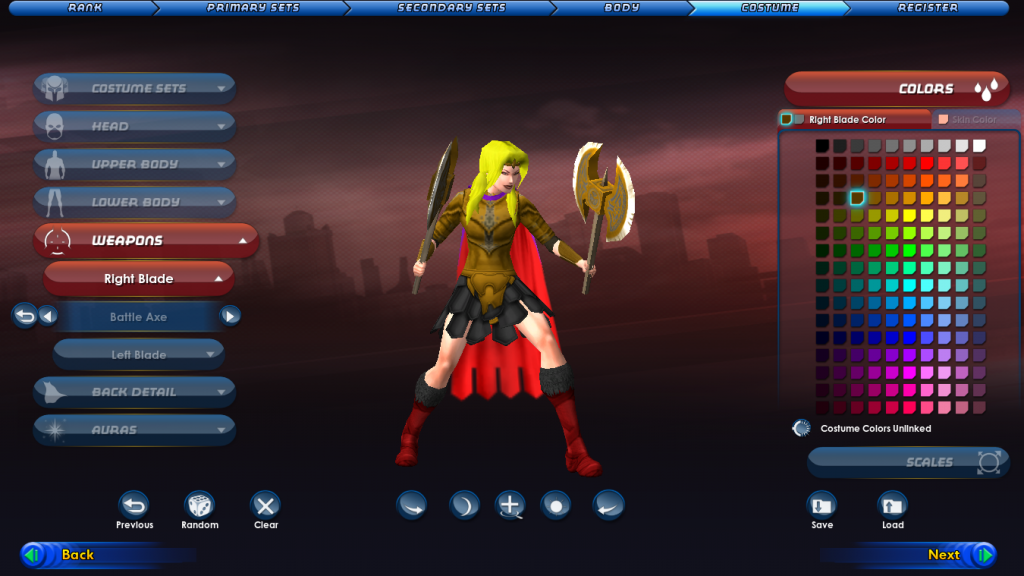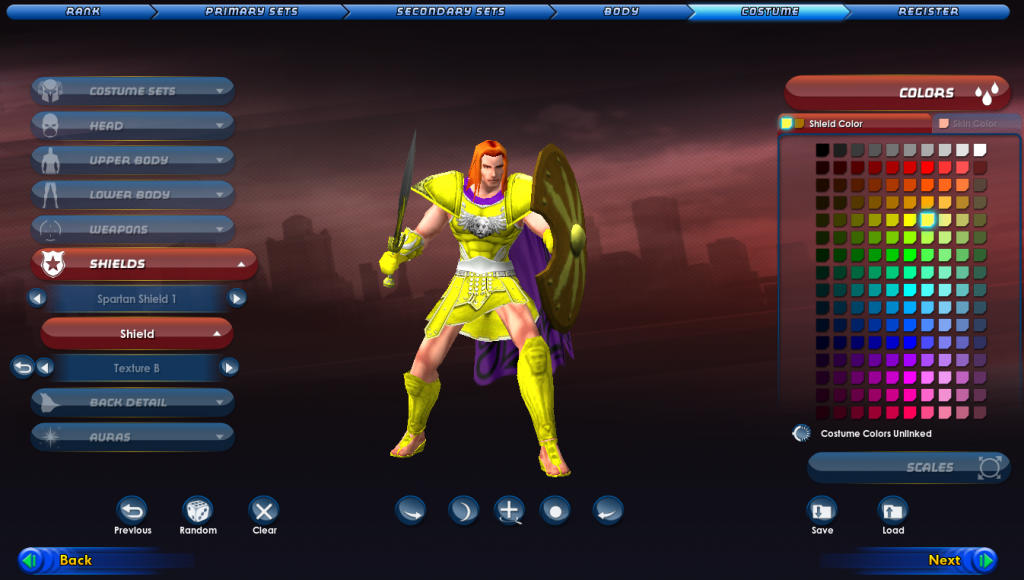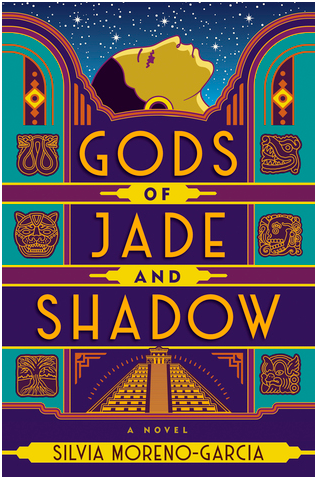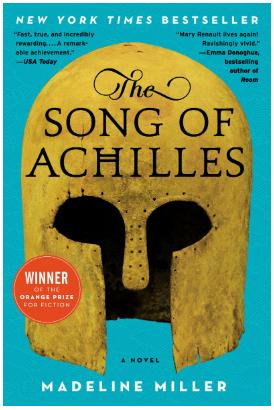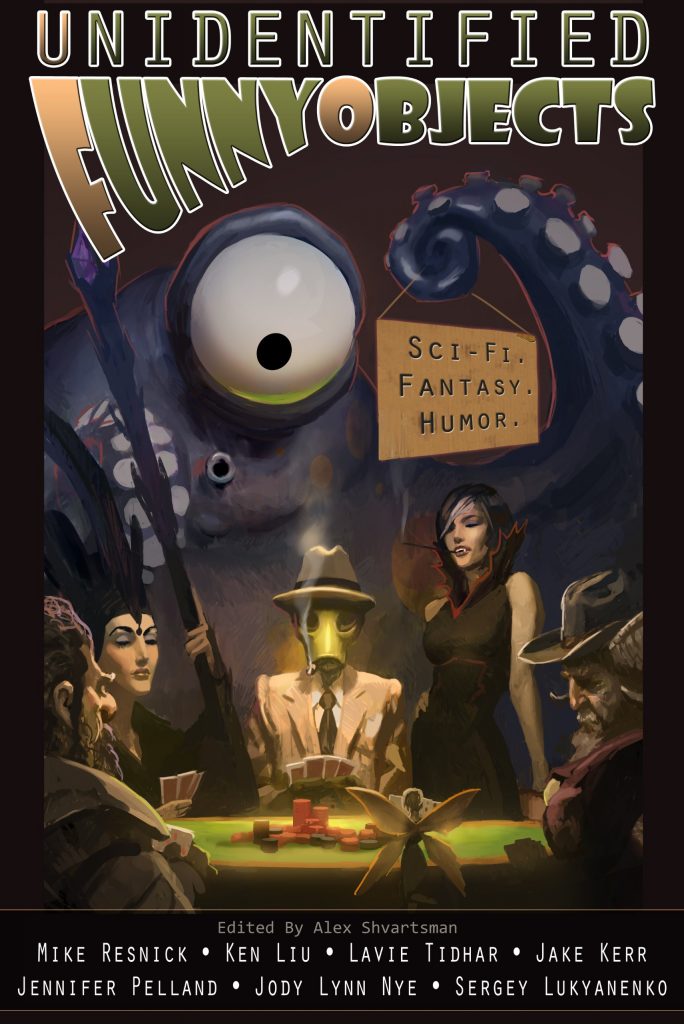It’s time for a sequel update! While many, many things have been coming at me (COVID, house problems, new car!), I have indeed been making time for Civil Blood‘s sequel. Of course, I’ve also been de-stressing with my favorite game, City of Heroes. But in a strange coincidence, both converged, in an unexpected and delightful way.
A little background: one of my characters is Amir al-Madani, also known as the Milk Sheik. He made an appearance in Unidentified Funny Objects 8 (shameless plug!), but before that he was just a character I fooled around with on the live servers. In his biography window, I mention that he’s a microbiologist from the United Arab Emirates, who got his regenerative powers through radiation and can heal any injury as long as he gets to drink milk, sort of like Popeye and his spinach but less macho.
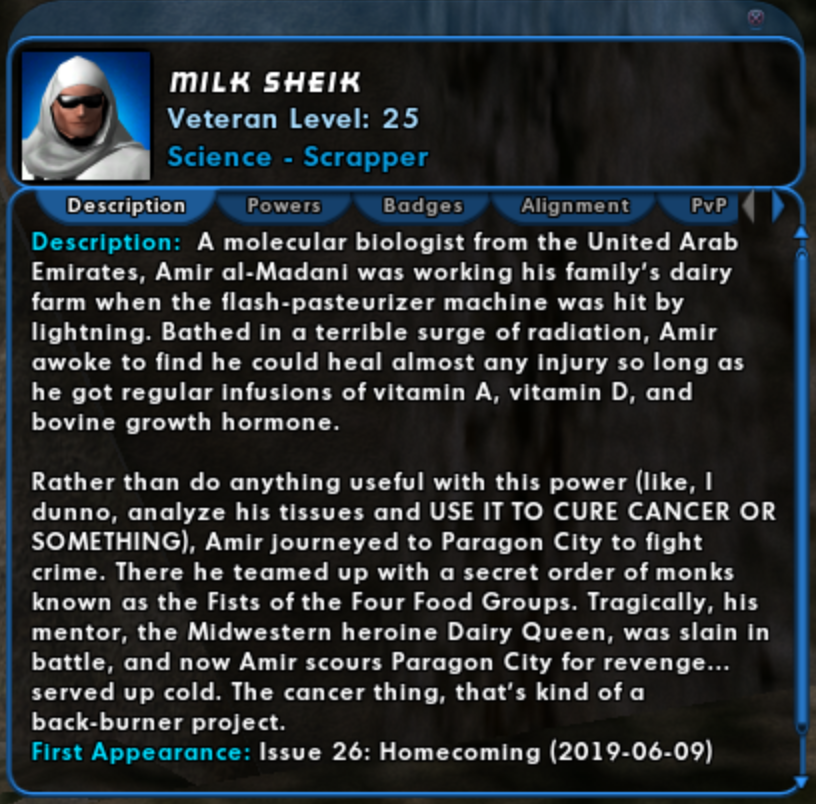
One night I was hanging out before a raid, and a player called “Pulsar Kitty” pinged me and essentially said, “Hey, I read your bio. Are you a molecular biologist in real life?”
I replied “No, I just write a lot and have some friends who are doctors,” and so forth. But what she said next surprised me: “Drat. I’m actually a microbiologist, and I work on viruses all the time, and I was hoping to find someone to talk to.”

“Oh.” I said, my interest piqued. It was time to converse with the catgirl! “Well, I wrote a novel involving a vampire virus, and I’m always willing to blab about it.” I figured since she was playing a superhero MMORPG she’d be cool with fantasy and science fiction.
It turned out, not only had she read about vampire viruses, she’d read a Shadowrun novel featuring HMHVV, the Human-Metahuman Vampiric Virus, which of course I knew about because of my time writing Shadowrun. (Long story there.) So we even had a common point of reference. I e-mailed her a copy of Civil Blood, and we got started discussing the sequel. Particularly the worldbuilding surrounding qi-positive European Bat Lyssavirus-4, the cause of Virally Induced Hematophagic Predation Syndrome. Because it’s similar to, but emphatically not HMHVV.
Some writers would just say “it’s magic, it works how I want it to.” That’s their prerogative. But it’s not how I like to do things. So I started kicking the tires on my world and asking the questions I needed to ask. Questions like:
- How long would it be before a vampire who had to feed once every 10-14 days or so and had a practically guaranteed infection each time managed to contaminate a serious chunk of the population?
- Can a virus provide amazing benefits like super strength and healing to the human body without being tailored to do so? If so, how could it naturally occur?
- How could a virus this infective not shape human history in an obvious way, if it existed before qi (magic) was proven to exist?
- Is it possible for an accident to release this virus on the world, or does it need some kind of retconned conspiracy and nefarious motives just to be plausible?
Well, Dr. Kitty went to town on the manuscript. And I was pleased to find out that my story held up okay. I thought I’d share some of the answers here, because, well, they’re neat.
Question 1: How Fast is the Vampocalypse?
As some of my beta readers pointed out, in a straight-up 100% rate of infection every 10 days, the numbers create a lot of doubling. First one vampire bites another, then two have to feed in the next 10 days, then four, then eight. You end up in the billions after about 32 weeks. It’s even worse if there are some vipes addicted to blood who become superspreaders.
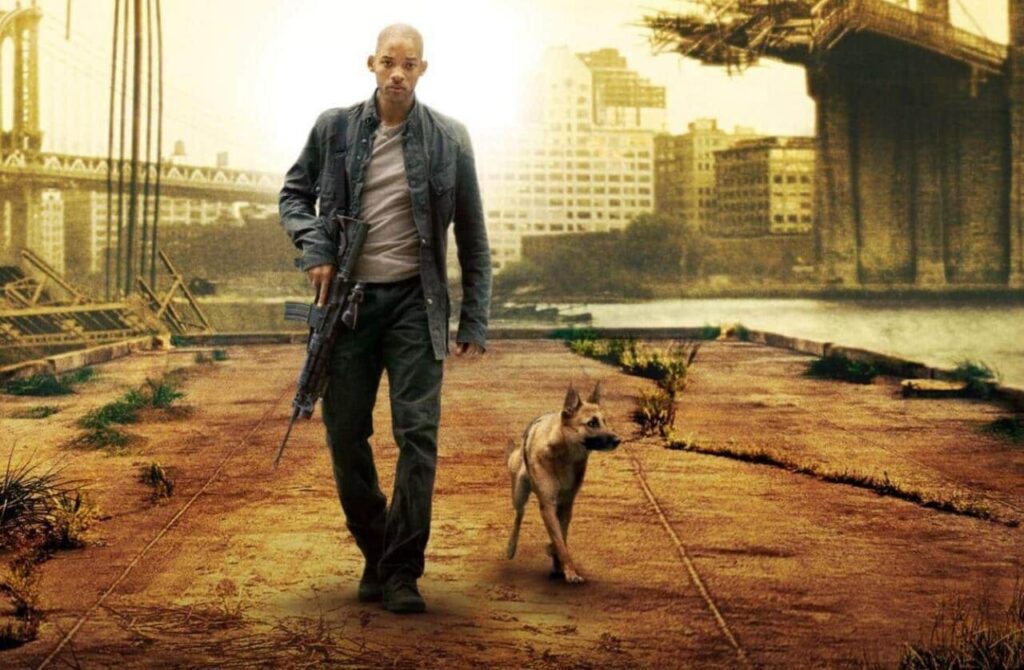
Fortunately, the situation in Civil Blood allows for a slower pandemic. There are several factors at play.
Imprecise Numbers: Infinity got about eleven days off of one notable bite in Civil Blood, and she might have lasted two full weeks if she pushed it. There’s also a line in the chapter where she reads BRHI’s experimental notes that say “subject went torpid after thirty-two days without blood” indicating that a vipe could survive more than twice as long in extremes, though they would probably be miserable doing so. While that would not be the norm, every day counts in a massive population boom like this.
Bullets: After a month or so (only 4-8 infections) , someone at the Benjamin Rush Health Initiative did the math and started putting together the Forced Protection team to stop the spread. Somewhere around 16-32 vipes, they started nipping them in the bud, first with capture and restraints, then with targeted killings. Though this started in the D.C. area, it expanded eventually to other cities. BRHI has made a lot of bodies by the end of the first novel. Ranath is said to have “dropped the hammer more times than John Henry.”
When the media break the story four years after Patient Zero, police start being able to recognize vipes for what they are and imprison or kill them. Citizens form vigilante gangs for self-protection, which may cut down on feeding or lower the vipes’ numbers through straight-up murder. A very small percentage of vipes might be lost to cases of individual victims defending themselves. An equally small number might be lost to attrition if they take their cues from popular culture, think they’re immortal, and try to survive a jump off a bridge or some similarly stupid stunt. Again, every vipe taken off the board counts.
Psychology: Many vipes feed first on those closest to them when they lose control, and this can be incredibly traumatizing if the victim is a family member or friend. Some vipes will refuse to drink blood again, instinct be damned. This means they might go comatose and starve to death, or commit suicide. I don’t know exact numbers, but the number of people who’d take themselves out would be much higher than the general population, more on par with active shooters or incarcerated felons.
Jessica’s Old Multi-Bite Trick: Jessica introduces Infinity and Morgan to a technique for vipes feeding off of one another. Sure, it has diminishing returns, but it helps greatly. When Infinity came home after feeding, she could lose blood enough to feed about six other vipes without permanent damage. Since they drank from her wound and not a fresh victim, this slows the number of new infections. Morgan and Jessica, who maintained contact with networks of vipes, no doubt publicized this method in the hopes of minimizing harm.
Question 2: Viruses With Benefits
So, can a virus, with a little magical boost, naturally cause bone ossification and muscle growth so a vipe is strong like a human-sized chimpanzee? “Well, heck,” says Dr. Kitty, “Why don’t we take a look at HERV-K?”
Fun fact: there are viruses in your DNA. Yes, yours. Right now. At various points in human evolution, viruses infected us and used something called reverse transcriptase to insert their RNA into the DNA of our genome. But if they don’t kill the host, and they don’t impair them enough to prevent reproduction, and also if the body can’t stop the infection, sometimes the virus gets integrated into us, like a rude guest who gets adopted. This has happened so often throughout human history that about 8% of our genome is virus code. Like HERV-K.
HERV stands for Human Endogenous Retrovirus — the “K” is a label for which one, since there are a lot of them. “Endogenous” means it’s a part of us now. It entered our genome when we were primates about 30 million years ago, before we were even Homo sapiens. In some cells, if HERV-K turns active, it’s very dangerous and can cause problems like testicular cancer. But during reproduction, if it’s working right, it allows a woman to safely grow a placenta. This is naturally occurring… well, natural as of 30 million years ago. It was selected for. No nefarious genius with a laboratory needed.
So… do you think viruses can have complex benefits? Because one made you possible.
Question 3: How Come We Haven’t Seen EBL-4/VIHPS Before?
This was a thorny one, because the world of Civil Blood is not like the tabletop RPG Shadowrun. There is no great cycle of magic that infuses the world, disappears, and comes back. Qi, in Civil Blood, is a supernatural science that had a breakthrough and though it has always been there, humans can now measure it and manipulate it clearly. But… there’s a way for the virus to be old and yet new at the same time.
In prehistory, EBL developed a super-infective strain. But just because something is super-infective doesn’t mean it’s going to spread all around the world. It could have appeared in isolated communities, or spread like wildfire and then burned out, because it comes with a limitation — a vipe needs to drink blood fresh from the wound of another living, squirming human. If they don’t, they get aggressive after a couple of weeks and then their body starts to suffer. By 14 to 32 days, they start getting lethargic and comatose. (Ask me about unstable antitoxins and stable toxins in selfish genetic sequences. G’wan, I dare you.)
So if they don’t have a food supply, the epidemic is going to fizzle out. And in a time period before cities, highways, and even the domestication of horses, a lot of vipes are going to keel over before they find enough prey to keep the cycle going. It’s much more of a supercharged pandemic in the modern day. In prehistory? It might not even show up in the fossil record.
Question 4: So How Did Ulan Release the Plague?

So it’s possible the progenitor to EBL got into humans, and over time, adapted to them. One strain could have mutated into a less infective version but stayed in the human germline, giving resistance to the nastier version until the vipes all died out. With no selective pressure to change, the virus would stay in humans until some could have transferred over to European bats, some of whom could eat trash covered in human saliva. The bats are where Dr. Ulan found European Bat Lyssavirus-4, and she could have, in the process of collecting data on the virus and taking out portions with targeted bombardments of yin qi, recreated the original sequence.
Recreating the original sequence is bad.
Bang. Super-infective qi-positive EBL-4 is back, and the clock starts with her as Patient Zero.
So When’s the Novel Coming Out?
That’s a question I don’t think I’ll answer. There’s going to be a lot more to the sequel than this, but it’s been a long time since I gave a substantive Civil Blood update. Here’s hoping I whetted your appetites.
Drink up. And cheers!

